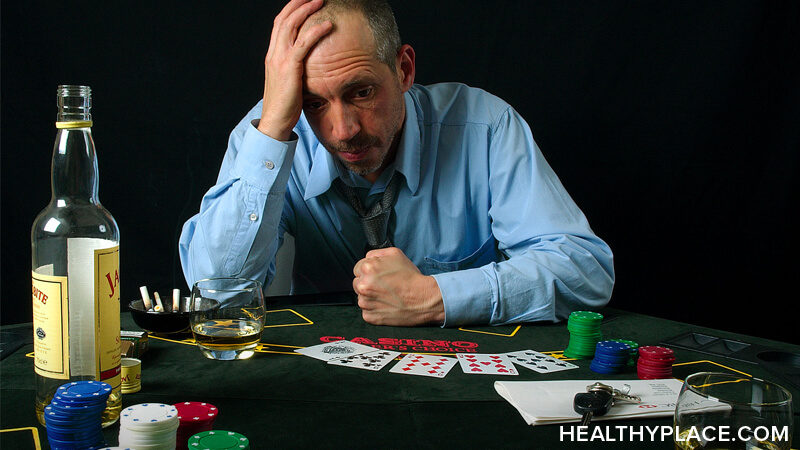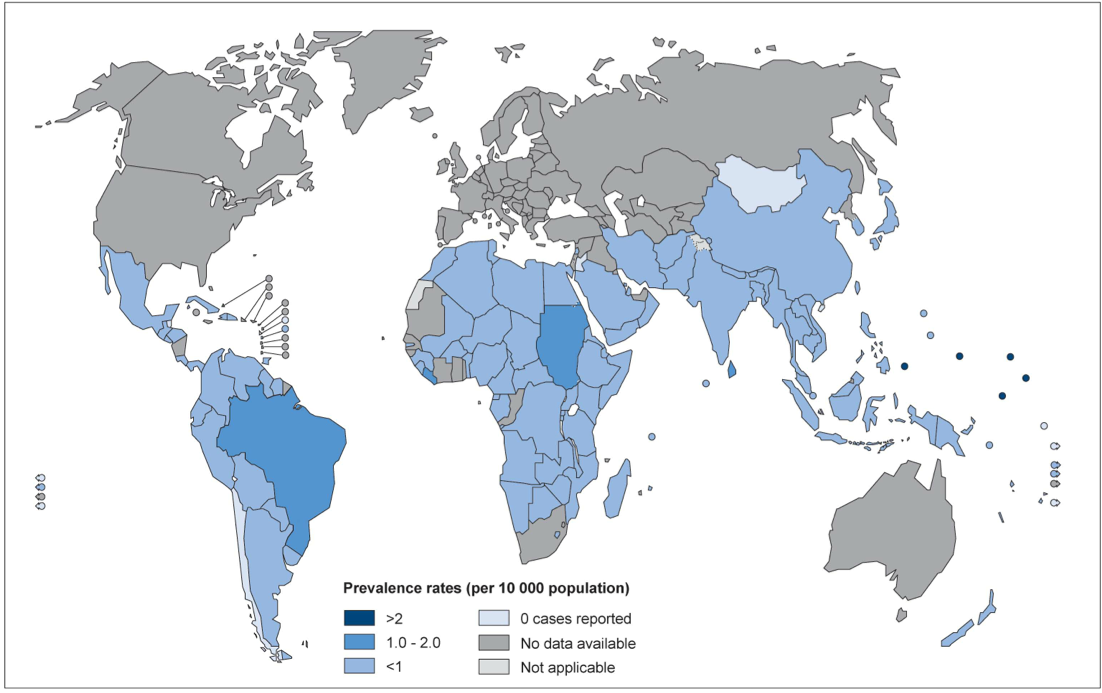Problem Gambling Support Groups
- Gambling Addiction Online Support
- Problem Gambling Support Groups
- Problem Gambling Support Groups Yahoo
- Facebook Gambling Group
- Gambling Support Groups
- Three main ways exist to treat gambling problems, including psychotherapy, medication and support groups. Cognitive behavioral therapy and behavior therapy help a person identify thought patterns that lead to and support a gambling problem, and replace them with healthier beliefs.
- You can always call the Oregon Problem Gambling Helpline and speak to a certified gambling addiction counselor. All information shared is confidential and this service is FREE to Oregon residents. Call 1-877-695-4648 (MY-LIMIT), text 503-713-6000, or click the buttons below to contact us online through Live Chat, IM or Email.

Gambling Addiction Online Support
About 2 million Americans have a serious gambling addiction. Gambling is the act of wagering on the outcome of an event. The thrill of risk-taking sometimes becomes an addiction. Like all addictions, it takes a toll on the addict’s family. An addicted gambler often consistently places his need to wager above the needs and wants of his loved ones. There are several ways for concerned family members to help a gambling addict get treatment.
About Compulsive Gambling
GamCare operates the National Gambling HelpLine, providing information, advice and support for anyone affected by problem gambling. Advisers are available 24 hours a day on Freephone 0808 8020 133 or via web chat.We also offer a range of free treatment across England, Scotland and Wales, as well as a moderated Forum and daily chatrooms so that people can speak to others experiencing similar. Counselors provide immediate help to address issues related to gambling disorder, including screening services and referrals to treatment or support groups. Counseling services are available to individuals and families affected by Gambling Disorder. Funded by the New York State Office of Addiction Services and Supports, the New York State Problem Gambling Resource Centers (PGRCs) are programs of the New York Council on Problem Gambling. The goal of the PGRCs is to address problem gambling across New York State by: increasing public awareness about problem gambling.
Compulsive gambling, also called problem gambling or a gambling addiction, is a form of mental illness. It is an impulse control disorder. Gambling addicts cannot control the urge to gamble whenever the opportunity presents itself, despite knowing the negative impact gambling has on their lives. Gambling addictions can lead to debt, divorce, alienation from family and friends, job loss, depression and suicide. The Minnesota Department of Human Services reports that about 2 million Americans are pathological gamblers.
Steps for Families
It is a natural reaction to feel responsible for helping a loved one with an addiction. The first step is to realize that the addict is ultimately responsible for his problem, and he is the only one who can decide to break the addiction. You can help by learning about the addiction and its treatments. Consider joining a peer support group or seeing a therapist to help deal with the conflicting feelings that addict’s family members often face.
You must also set a strategy for handling money and dealing with the addict’s requests for money. This may include taking control over the family finances. A counselor may be able to help you make these difficult decisions.
Problem Gambling Support Groups
Resources for Families
Gam-Anon is a free peer support organization for the families and loved ones of gambling addicts. Gam-Anon works as a support group by bringing together people affected by a gambling addict so they can share experiences and encouragement. Call the Arizona Helpline 1-800-777-7207, www.azccg.org/Arizona_GA___GAM-ANON.html
Support for Addicts

In informal support groups, people with addictions meet to talk about their problem, share success stories and support one another. Gamblers Anonymous is a 12-step program modeled after the one used by Alcoholics Anonymous. The organization’s website includes a page of 20 questions that help a person determine whether they have a gambling problem.
Resources:
Arizona Office of Problem Gambling, 1-800-NEXT STEP
(1-800-639-8783), https://problemgambling.az.gov/
Gamblers Anonymous — http://www.gaphoenix.org/
ACT Counseling & Education, 602-569-4328, www.actcounseling.com
Explore the benefits of problem gambling support groups

Shared experiences can be powerful, especially for those struggling with addiction. Online or in-person support groups, such as Gamblers Anonymous, give problem gamblers the chance to talk with and learn from each other.

Problem Gambling Support Groups Yahoo
Attending peer support groups provide opportunities to:
Facebook Gambling Group
Communicate honestly
Support group members can share their experiences with others who have faced or are facing similar challenges and understand the impacts of problem gambling. This may make members more comfortable sharing. Opening up to family and friends can be difficult, due to perceived or actual feelings of frustration and judgment.
Listen and learn
Hearing other problem gamblers discuss their ups and downs on the way to recovery can be illuminating and inspiring. Members may learn new coping strategies, find renewed motivation, or simply realize they are not alone on their recovery journey.
Offer and receive friendly accountability
Together, support group members can help each other continue to make progress or get back on track following a setback. Playing a role in someone else’s recovery can be a meaningful experience.
While there are numerous benefits of support groups, the Mayo Clinic advises that there are also risks. Additionally, it’s important to remember that all support groups are not for everyone and that these groups don’t provide the same benefits as counseling or therapy services.
Gambling Support Groups
To find peer support groups near you, use the Ohio Problem Gambling Online Resource Directory.